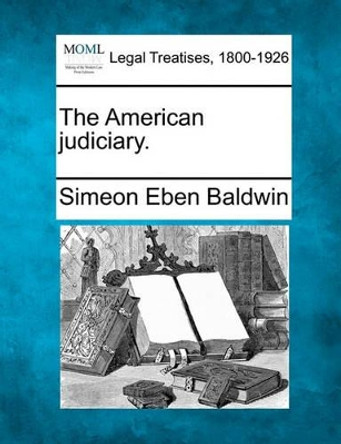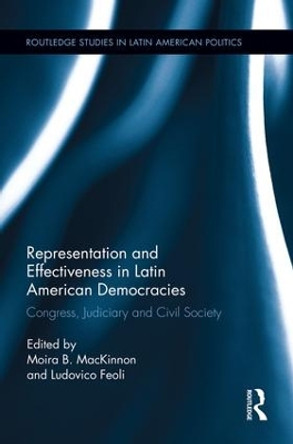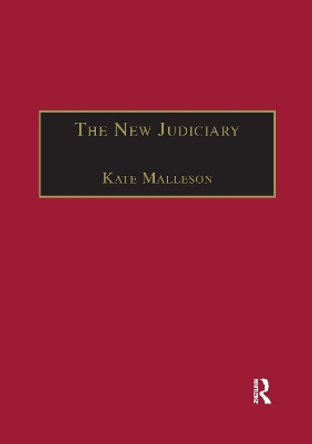Description
About the Author
Morgan L.W. Hazelton is an Associate Professor of Political Science and Law (by Courtesy) at Saint Louis University. She studies how features of courts influence the decisions that litigants and judges make drawing on her background in both law and political science. Her work includes Persuading the Supreme Court: The Significance of Briefs in Judicial Decision-Making. She received her B.A. from the University of New Mexico, J.D. from the University of Texas at Austin, and her Ph.D. from Washington University in St. Louis. Rachael K. Hinkle is an Associate Professor in the Department of Political Science at the University at Buffalo, SUNY. Her research agenda focuses on judicial politics with particular attention to gleaning insights into legal development from the content of judicial opinions and other legal texts through the use of computational text analytic techniques. Her work includes Persuading the Supreme Court: The Significance of Briefs in Judicial Decision-Making. She received her B.A. from Huntington University, J.D. from Ohio Northern, and her Ph.D. from Washington University in St. Louis. She clerked in the District of Arizona and the Sixth Circuit. Michael J. Nelson is a Professor of Political Science and Affiliate Law Faculty at Pennsylvania State University. He studies the causes and consequences of judicial power in the United States and abroad and is the author of Black and Blue: How African Americans Judge the American Legal System, The Politics of Federal Prosecution, and Judging Inequality: State Supreme Courts and the Inequality Crisis. He received his B.A. from Drake University and his Ph.D. from Washington University in St. Louis.
Reviews
Although judges often stress the meaningful role of collegiality in the decision-making process, scholars just as often denigrate it. Until now. Using original and unique data, The Elevator Effect demonstrates that collegiality reduces the role of ideology in judging and influences the language of judicial opinions. The results are so persuasive that they ought do more than deter future dismissals of the importance of collegiality; they should encourage research into this crucial aspect of judicial behavior. * Lee Epstein, University Professor of Law & Political Science and Charles L. and Ramona I. Hilliard Distinguished Professor of Law, University of Southern California *
A groundbreaking and convincing empirical study showing that political polarization on the courts is not inevitable when conditions for judicial collegiality, in all its forms, are optimized. It is a 'must read' for academics, legal professionals, and policymakers who think about the operation and impact of courts in American society. * Emerson H. Tiller, J. Landis Martin Professor of Law and Business, Northwestern Pritzker School of Law *
The Elevator Effect is an important book. The authors make a persuasive argument that collegiality can be a major element in judicial decision making, and their wide-ranging set of empirical studies tells us a great deal about how collegiality shapes judges' choices. * Lawrence Baum, Professor Emeritus of Political Science, The Ohio State University *
The Elevator Effect: Contact and Collegiality makes a foundational contribution to the judicial behavior literature. Seamlessly integrating data analysis and interviews, the authors convincingly establish how judges' relationships with one another shape how they reason and decide cases. The Elevator Effect is essential reading for judicial scholars, journalists, and anyone interested in our understanding of how judges write decisions. * Albert H. Yoon, Michael J. Trebilcock Chair in Law & Economics, University of Toronto *
The Elevator Effect is an important contribution to our understanding of judicial decisionmaking and the development of legal doctrine in the United States. Using multiple sources of data, Hazelton, Hinkle, and Nelson make a strong case that the interpersonal relationships among judges play a much more important role in influencing judicial behavior than previously appreciated and that this influence is often large in magnitude but contextually dependent. The Elevator Effect is a sophisticated and nuanced account of judging that is essential reading for scholars of judicial behavior. I strongly recommend it. * Kevin Quinn, Professor of Political Science, University of Michigan *
In the social sciences, one is increasingly led to believe: if it cannot be put into an equation, it is not in the world. A whole industry studies the effects of ideology on judicial decision-making, while the counterbalancing effect of collegiality gets short shrift. The book beautifully weaves theory, qualitative evidence from interviews, and smartly designed quantitative analysis into a colorful picture of judicial interaction held together by respect and empathy. * Christoph Engel, Professor, Max Planck Institute for Research on Collective Goods *
Awards
Winner of Winner, C. Herman Pritchett Award, American Political Science Association.
Book Information
ISBN 9780197625408
Author Morgan L.W. Hazelton
Format Hardback
Page Count 304
Imprint Oxford University Press Inc
Publisher Oxford University Press Inc
Weight(grams) 549g
Dimensions(mm) 236mm * 163mm * 25mm








